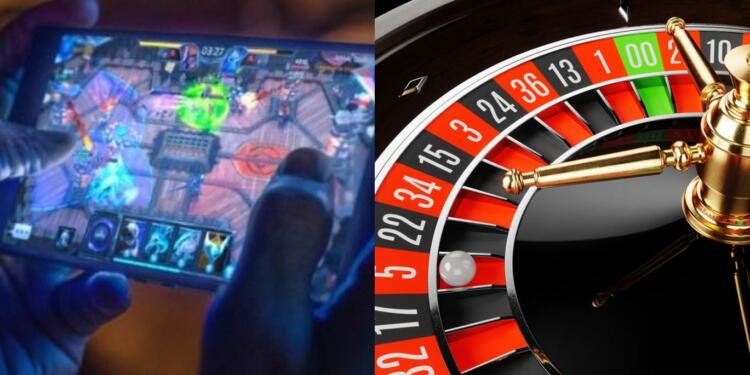In a world where people are regularly hooked up to their mobile/computer screens, online gaming is going to be one of the biggest revenue generators in the upcoming decades. India’s gaming sector is also setting itself up for the change, but their status as ‘casinos’ is creating hurdles in their aspirations.
Government to unify taxation on Gaming
According to the reports, the Modi government is considering one single tax rate for online gaming as the absence of proper classification of tax categories is creating ambiguity. The current division of games based on ‘game of skills’ and ‘game of chance’ is too confusing and prone to misuse and litigation because the result of most of the games is dependent on both skills as well as chance.
The responsibility of simplifying the tax structure of online gaming has been handed over to the Goods and Services Tax (GST) council. The GST council is the final authority on indirect taxation in the country. The council formed a group of seven ministers (in states) (GOM) on May 24, this year to solve the ambiguity crisis. On June 11, the Telangana finance minister was added to the 7-member GOM headed by Gujarat, taking the strength of GOM to 8.
Game of skills vs Game of chance
Elaborating on the problems of definition faced by GOM, one government official said that it is difficult to ascertain, whether a game is of pure skill or pure chance. The official said, “For example, rummy is a game of skill, but the distribution of cards to players is nothing but chance.” Similarly, a discussion paper from Niti Aayog had also pointed out the vagueness in the policy. Quoting a report of the Sports Law and Policy Centre, a Bengaluru-based think tank, the Aayog said, “There is no objectively definable test or regulatory guideline or administrative forum to assess and determine if a game will be characterized as a game of skill or game of chance.”
Currently, games coming under ‘game of skills’ are charged 18 percent tax, while those under ‘game of chance’ are charged 28 percent tax, which is equivalent to a tax on casinos.
Read more: Ludo Supreme, MPL, Rummy: How gaming apps are using loop holes in Indian law to promote gambling
Tax on platform’s revenue or tax on individual players’ revenue?
Besides ambiguous classification of skills and chance, one more issue baffling the gaming space has been the charging of GST on the revenue of the platform owner or the total contribution of the players involved. The allocation of prizes is based on the total money generated from the subscription of the number of players who subscribe to a platform. The gaming platform gains from 4 to 20% in this entire process. That is if 10 players are registered and the platform has raised Rs 1000, then the earning of the platform will be at least Rs 40 and a maximum of Rs 200. The remaining money will be divided among the winning players. In such a situation, whatever tax the government has to levy, it should be levied on these 4 to 20% shares earned by the platform and not on the total money raised by the platform. Earnings of different gaming platforms are made only between 4 to 20% and not on the total deposited money.
India could replace China in the post-covid gaming world
Currently, China is the world’s biggest video gaming market with an estimated 720 million gamers that generated revenues worth $44bn in the year 2020. Indian online gaming, on the other hand, is currently growing at a compound annual growth rate of nearly 20 percent and can turn out to be one of the major contributors to the Indian government’s target of taking the digital economy to more than $1 trillion in 2025.
Indian games – A cultural ambassador
As China is receding from the international gaming market, game developers from all over the world look towards India to replace China. This presents a much-needed opportunity for developers to explore India’s rich history. Indian gamers will feel more connected to the protagonists based on Indian history. Recently, ‘Raji- an ancient epic’ developed by Pune-based Nodding Heads Games was a similar attempt in the direction of Indigenising the gaming industry. The well-choreographed rise of the Indian gaming industry will function as India’s cultural ambassador to the world.
Read more: Finally, India is getting its share of recognition in the International Gaming Sphere
The government needs to streamline its policies regarding gaming in India. Various Supreme Court judgments have done well to provide some clarity regarding the definition of online gaming in India. But, since gaming is a subject that is overseen by the state governments, a lot of ambiguities are still lurking. India should align its policies with internationally accepted taxation on the gaming industry and allow it to fulfil its potential.


























